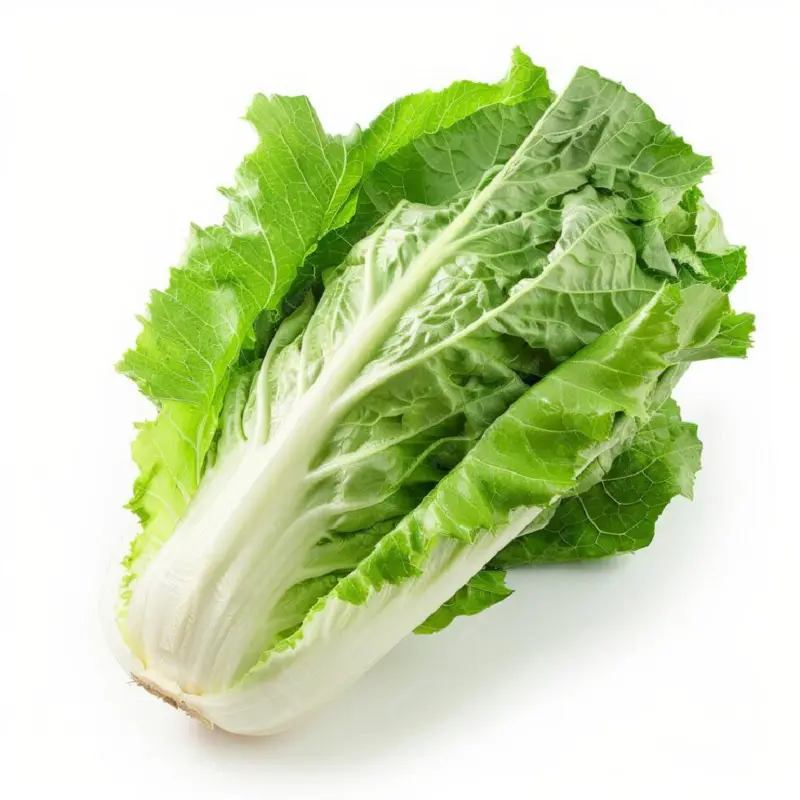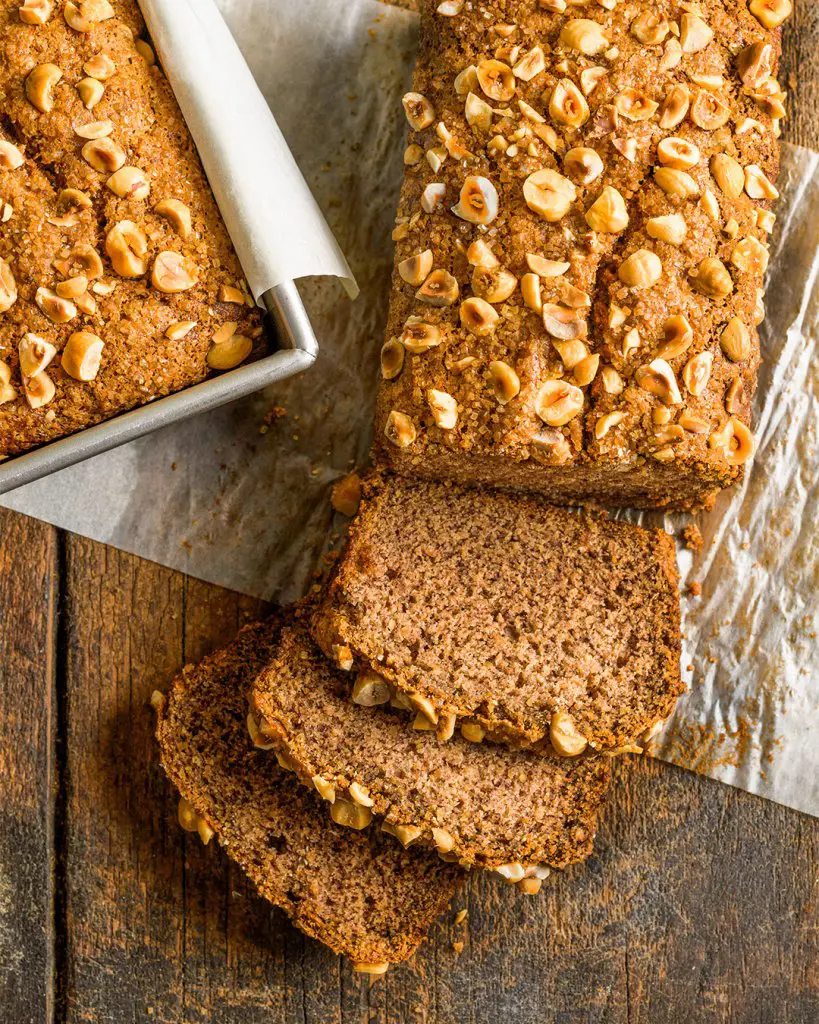A decent amount of Healthy Fats are found in Mozzarella, which is the key element to produce energy in your body. This particular cheese has a balanced mix of proteins and carbs that promotes energy production in the body.
The protein present in mozzarella provides a steady source of energy and also aids in muscle functioning. Whereas, Its fat content offers a concentrated form of energy.
In addition, there are B vitamins found in mozzarella including B12 which are known to help convert food into usable forms of body energy by playing major roles in metabolism processes involved with energy. More so, calcium which is present in this cheese plays a significant role in cellular energetic processes.
Thus despite being calorie-dense as compared to some other types of cheese, when consumed with a balanced diet, mozzarella can still provide a sizable amount of the daily caloric needs.














